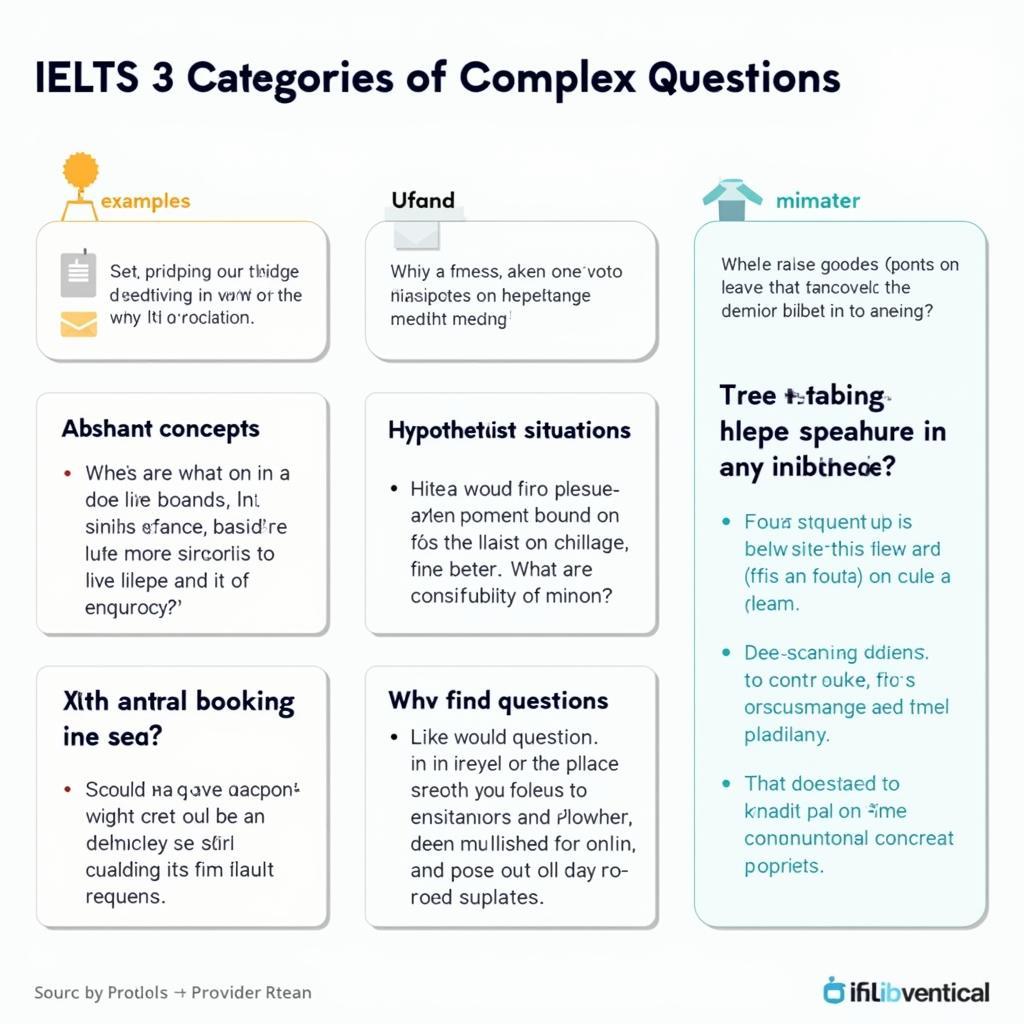IELTS Speaking Part 3 often challenges candidates with complex questions that require sophisticated responses. Developing effective strategies for handling these questions is crucial for achieving a higher band score. This comprehensive guide will help you navigate through the intricacies of Part 3 and deliver impressive answers with confidence.
Understanding the Nature of Complex Questions
Part 3 questions are designed to test your ability to discuss abstract ideas and complex concepts. While how to practice for speaking part 1 focuses on familiar topics, Part 3 requires deeper analytical thinking and more sophisticated language use.

Common Types of Complex Questions
- Hypothetical scenarios
- Cause and effect relationships
- Future predictions
- Comparative analysis
- Social trends and changes
- Policy discussions
- Ethical dilemmas
Essential Strategies for Complex Responses
1. Structure Your Answer
- Start with a clear position
- Support with relevant examples
- Explain implications
- Conclude with a broader perspective
handling questions with difficult vocabulary can be particularly challenging in Part 3, but maintaining a clear structure helps you stay focused even when dealing with unfamiliar terms.
2. Use Advanced Language Features
- Complex sentence structures
- Academic vocabulary
- Appropriate idiomatic expressions
- Conditional forms
- Modal verbs for speculation
Developing Complex Ideas
Learning to strategies for dealing with complex IELTS listening questions can actually help improve your speaking responses, as many of the analytical skills are transferable.
Key Development Techniques
- Multiple perspectives analysis
- Cause-effect chains
- Real-world examples
- Personal experiences
- Current affairs references
Maintaining Fluency in Complex Discussions
improving fluency with speaking partners is essential for Part 3 success. Regular practice helps you maintain smooth delivery even when discussing challenging topics.
Tips for Natural Flow
- Use appropriate linking words
- Employ hesitation strategies
- Practice self-correction
- Maintain consistent pace
- Integrate pausing techniques
Managing Time Effectively
Unlike how to handle personal questions in part 1, Part 3 requires longer, more detailed responses. Effective time management is crucial for developing your ideas fully.
Time Distribution Guidelines
- Introduction: 10-15 seconds
- Main points: 60-75 seconds
- Conclusion: 10-15 seconds
Common Pitfalls to Avoid
- Over-simplifying complex issues
- Straying off-topic
- Using memorized answers
- Speaking too quickly
- Giving one-sided arguments
Practice Exercises for Improvement
Self-Study Activities
- Record and analyze your responses
- Practice with past questions
- Read academic articles
- Watch debate programs
- Join discussion groups
Frequently Asked Questions
Q: How long should my Part 3 answers be?
A: Aim for 2-3 minutes per answer, allowing enough time to develop complex ideas while maintaining focus.
Q: What if I don’t understand the question?
A: Politely ask for clarification or repetition, then rephrase the question to confirm understanding.
Q: How can I sound more natural when discussing complex topics?
A: Regular practice with native speakers and exposure to authentic materials will help develop natural fluency.
Remember, mastering complex answers in Part 3 requires consistent practice and a strategic approach. Focus on developing your analytical skills while maintaining natural fluency, and you’ll see improvement in your performance.